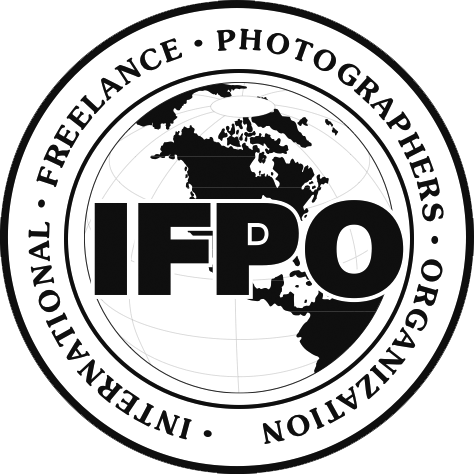The process of obtaining press passes for sporting events is fairly standardized. Before granting press passes to a photographer, the sports organization will generally require that you are working for a newspaper, magazine, or broadcast news service.
When covering a sports event, above all you need to know that particular sport and the current members of the team. Imagine stumbling down the field following the player who no one really cares about while the current leading point scorer suffers from an injury on the sideline. The other more informed photographers will zoom in on the crucial moment and present to the public photos that touch them in an emotional way (and more importantly, those will be the photos that sell to news outlets).
Or what if you continue to charge the wrong way down a field because of your lack of understanding about the process? Other photographers would surely become annoyed with someone who constantly blocked their best shots! And not only that, you might lose your eligibility for future passes. Before you attempt to cover a game, do your homework.
Remember the other strategies as well—refrain from using your credentials to gain access to a sold-out game, be courteous, friendly and professional, consider the Press Official, and uphold the ethics of the press. You can never go astray following these suggestions.
The process of obtaining press passes for sporting events is fairly standardized. Before granting press passes to a photographer, the sports organization will generally require that you are on assignment for a newspaper, magazine, or broadcast media. This policy originated in order to dissuade the increasing number of people who attempt to gain access to football, baseball, or hockey games under the pretense of working as a reporter or photographer simply to see the game for free.
Understandably, to help eliminate the problem with freeloaders, all of the sports organizations adopted the current policy of requiring online applications by the news or photography editor of a newspaper, magazine, or news service to verify the credentials of a reporter or photographer.
IFPO offers this service to all its members who are enrolled in any one of its PRESS programs. The editors of Today’s Photographer International magazine will, upon request from a press member, write a specific assignment letter or make an online application to the sponsoring organization of the event. There are specific windows of time available, which must be followed, for making such applications.
NEVER ASK AN EDITOR TO HELP YOU GAIN ACCESS TO A SPORTING EVENT IF YOU SIMPLY WANT TO WATCH THE GAME FOR FREE. THIS IS A SERIOUS BREACH OF PRESS ETHICS AND WILL RESULT IN THE DENIAL OF SUCH FUTURE REQUESTS.
It is always a good idea to contact the Sports Information Director or the Director of Public Relations to assist you in gaining press access. Know their rules and dates of events as far ahead as possible to make a good impression and faster results. Be cautious about posting photos on social media – taking behind the scenes photographs and selfies and disseminating them could result in being banned from future events. Also, posting professional photos without watermarks could leave your work vulnerable.
Be sure to understand the rules for the press and adhere to the appropriate dress code for each event. Polo matches vary greatly from the local baseball tournament. Opera is a contrast to an outdoor theater. Dress appropriately.
Consider whether the sport occurs indoors or outdoors. Show up with the right equipment. The wrong camera and lens for motorsports will stop you at the press gate.
Remember that you are a professional. Even though it may prove difficult for you to remain detached from the excitement of the sport, never criticize a player for messing up a play, for fumbling the ball, or even for exhibiting poor sportsmanship.
Refrain from making noise at events that require serious concentration. For example, one of the fastest ways to get yourself blacklisted from a golf tournament is to make noise during the match.
After the game, compliment the players on the game and on their performance. Do your job as quickly and as efficiently as possible. The players will be tired.
Respect your subject. Never photograph a player in a compromising position no matter how tempting.
